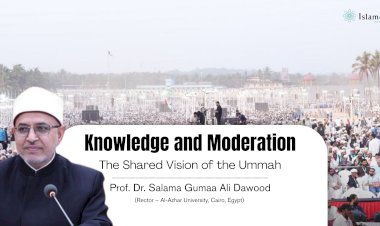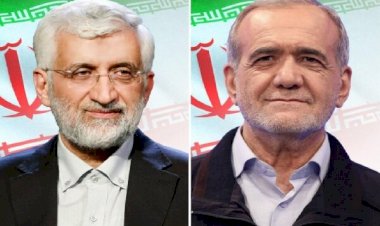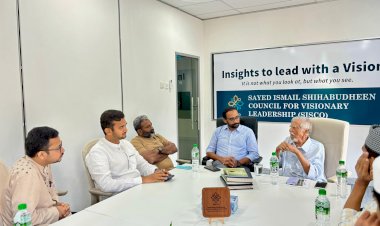Newfound Interest in Qur'an Reflects Young Americans' Quest for Understanding and Empathy towards Muslim Palestinians
In a surge of solidarity and a quest for deeper understanding, a growing number of young Americans are delving into the Qur'an, seeking to comprehend the unwavering resilience of Muslim Palestinians. This trend reflects a departure from longstanding Western portrayals of Islam and a desire to align with values they find resonant.
Megan B Rice, a 34-year-old from Chicago, initially drew attention to the humanitarian crisis in Gaza through her social media platforms. Inspired by the steadfast faith of Palestinian individuals despite adversity, Rice, who hadn't previously been religious, established a "World Religion Book Club" on Discord to study the Qur'an. Her journey into the text's contents struck a chord with her personal beliefs, ultimately leading her to embrace Islam.
Rice's experience is not unique. On platforms like TikTok, a growing number of young individuals are sharing their encounters with the Qur'an under the hashtag "#quranbookclub." This movement, comprising primarily female users from the #BookTok community, aims to explore a religion often misrepresented in the West.
Nefertari Moonn from Tampa, Florida, also found solace and connection in the Qur'an, leading her to convert to Islam. Moonn, describing herself as spiritual but not religious, expressed a profound emotional attachment to the text, feeling a sense of peace and belonging.
The appeal of the Qur'an among younger demographics aligns with progressive values, as highlighted by Misha Euceph, a Pakistani American writer. Euceph's analysis emphasizes the text's ecological consciousness, anti-consumerist stance, gender equality, and compatibility with certain scientific explanations. (The Guardian, UK)
Sylvia Chan-Malik, now an associate professor at Rutgers University, reflected on her own conversion to Islam following 9/11. She draws parallels to the current trend, expressing a disconnect between public perception and the actual experiences of Muslims.
Amid this growing interest, scholars like Grewal caution that interpretations of religious texts often reflect pre-existing worldviews. However, for individuals like Rice, this endeavor has evolved beyond mere empathy for Palestinians, becoming a pivotal aspect of their lives and a means to foster understanding.
For Rice, this journey signifies a departure from internalized misconceptions about Islam, serving as a testament to the transformative power of learning about someone's faith as a means to foster empathy and understanding, irrespective of one's religious background.
Disclaimer
The views expressed in this article are the author’s own and do not necessarily mirror Islamonweb’s editorial stance.
























Leave A Comment